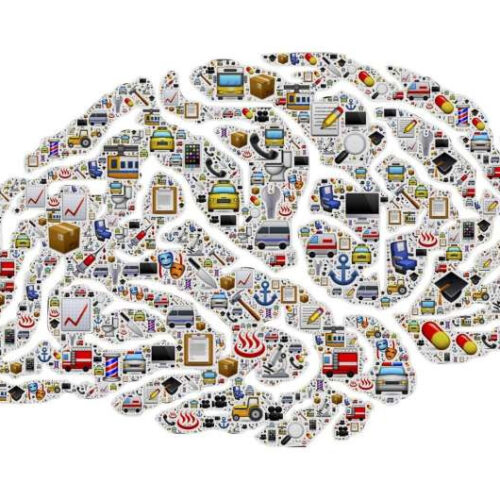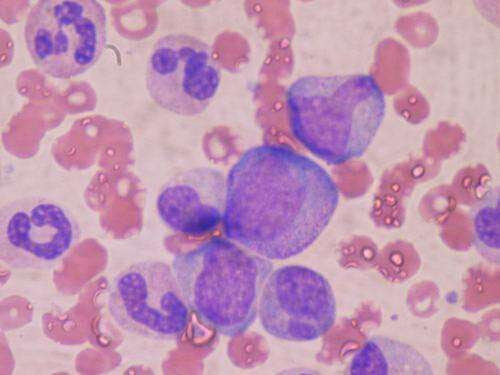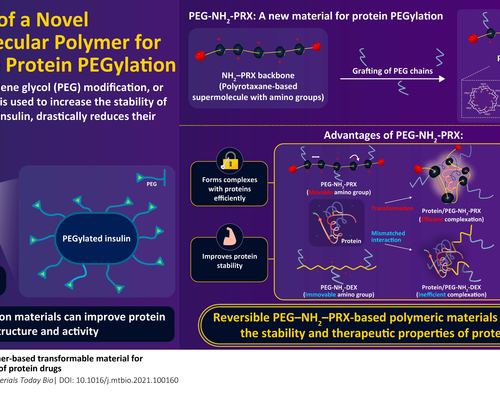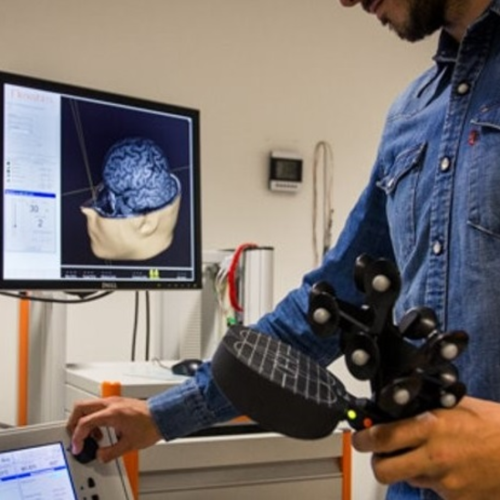by Bill Hathaway, Yale University Credit: CC0 Public Domain The brain has its own housekeeping service, a sophisticated mechanism that cleans up debris that is left over from cellular activity. But scientists have had a hard time figuring out exactly how the brain knows when to initiate this cellular “trash pickup.” A Yale-led team of...
Stem cell discoveries hold potential to improve cancer treatment
by Cedars-Sinai Medical Center Hematopoietic precursor cells: promyelocyte in the center, two metamyelocytes next to it and band cells from a bone marrow aspirate. Credit: Bobjgalindo/Wikipedia Two recent discoveries by stem cell scientists at Cedars-Sinai may help make cancer treatment more efficient and shorten the time it takes for people to recover from radiation and...
Spinal problems and digestive issues: Is there a link?
The central nervous system (CNS) consists of the brain and the spinal cord and controls most functions of the body and mind. The CNS governs both voluntary movements, such as walking, and involuntary movements, including those involved in digestion. Therefore, conditions that affect the spinal cord may also affect the gastrointestinal (GI) tract. Several studies,...
What is Body Dysmorphic Disorder?
By Dr. Liji Thomas, MD Reviewed by Emily Henderson, B.Sc. Body dysmorphic disorder (BDD), or dysmorphophobia, is a mental disorder that provokes the individual to focus unduly on flaws in the personal appearance to an extent that it dominates thought, producing severe embarrassment, shame, and anxiety such that the person may even avoid social situations....
Dementia-linked protein map yields potential for treatments
By mapping all the protein interactions of a dementia-linked protein in the brain called Tau, a team of Weill Cornell Medicine investigators has created a road map for identifying potential new treatment targets for Alzheimer’s disease and related dementia. Tau protein has long been implicated in neurodegenerative diseases. Mutations in the gene that encodes the Tau protein...
Insights into a cystic fibrosis treatment may herald a novel class of drugs
Protein misfolding is a likely culprit in many degenerative disorders. Cystic fibrosis, for instance, is caused by mutations in the CFTR gene that prevent the eponymous protein from assuming its proper configuration. Mutations that impair how other proteins fold have been linked to Alzheimer’s, Parkinson’s, and Huntington’s disease. Now, a new study demonstrates that drugs...
First-in-Human Trial with CAR Macrophages Shows the Cell Therapy May Be Safe, Feasible for Solid Tumors
Penn study demonstrates that engineered macrophages, which can be targeted to tumors, may be a possible new immune-based treatment of some cancers. Preliminary findings from Penn Medicine in an ongoing first-in-human clinical trial examining the safety, tolerability and feasibility of chimeric antigen receptor macrophage (CAR-M) has helped to establish the viability of this innovative immunotherapy, which...
Researchers develop new tool to help better monitor lupus
OXFORD UNIVERSITY PRESS USA A new paper in Rheumatology, published by Oxford University Press, indicates that researchers have developed a new, easier, and more accurate tool to measure the progress of lupus in patients. Systemic lupus erythematosus affects up to 1.5 million people in the United States and about one in 1000 people in the United Kingdom....
Stabilizing protein drugs with a new reversible “mixing-type” material
KUMAMOTO UNIVERSITY IMAGE: RESEARCHERS AT THE KUMAMOTO UNIVERSITY DEVELOP A NEW SUPRAMOLECULAR MATERIAL THAT CAN BE A PROMISING PEGYLATING AGENT FOR PROTEIN DRUGS. CREDIT: KUMAMOTO UNIVERSITY Protein drugs are widely used as pharmaceutical agents to treat a range of disorders. However, most of these drugs are not very stable and are only retained in the...
Study detects how a genetic variant modifies the brain stimulation impact on memory
UNIVERSITY OF BARCELONA IMAGE: CONCLUSIONS REVEAL IT IS EASIER TO ALTER THE COGNITIVE ACTIVITY THROUGH TRANSCRANIAL MAGNETIC STIMULATION (TMS) IN PEOPLE WITH THE GENETIC VARIANT VAL/VAL FOR THE BDNF GENE. CREDIT: UNIVERSITY OF BARCELONA The gene of the brain-derived neurotrophic factor (BDNF) is associated with several processes related to memory and brain plasticity. Now, a...





